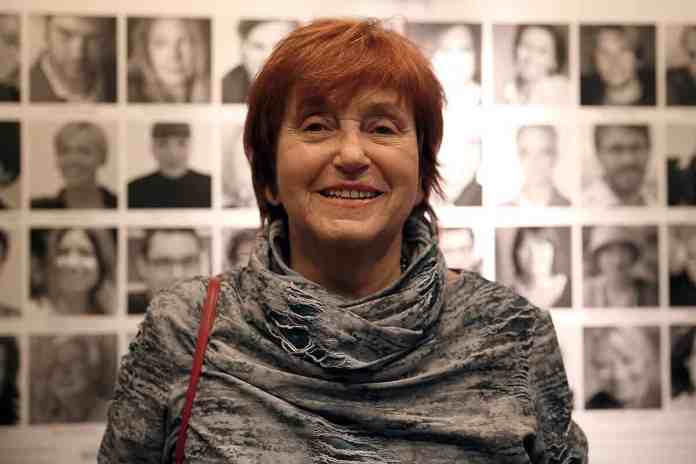
Performance art is the art world’s equivalent of punk rock—radical, bold, and frequently wonderfully bizarre. It’s rule-breaking, boundary-blurring, and sometimes downright discomforting in the best way possible. Wondering about the visionaries who turned everyday places into unforgettable venues? Here’s a top 10 list of 10 performance artists who changed what art could be—with some of their most memorable works along the way.

10. Otobong Nkanga
Nkanga’s work weaves individuals, materials, and the planet together in a messy narrative. Her performances introduce plants, rocks, and fabric, making rituals that have the sense of an ecosystem brought to life. Seeing her is having it remembered that each thing and each body belongs to a larger web—one that runs from your garden to international capitalism.

9. Martha Rosler
Rosler is the one who made domestic space a war zone. In her work Semiotics of the Kitchen, she takes the upbeat form of the cooking show and turns it into a scathing critique of women’s roles. Brandishing knives and spatulas like weapons, she demonstrates how even the most mundane spaces can become battlegrounds.

8. Yoko Ono
Even before her name became indelibly linked with rock history, Ono was rocking the art world. Her piece Cut Piece encouraged random strangers to cut off her clothes, revealing not only her body but also the power dynamics, vulnerability, and trust involved. With minimal instructions and participation by the audience, Ono converted passive observers into active participants in her art.

7. Marina Abramović
If performance art had a monarch, it would be Abramović. Famous for endurance works of utmost severity, such as Rhythm 0—in which she invited spectators to do whatever they wished with items on a table to her—she has pushed the boundaries of pain, risk, and human bonding. Years later, she attracted thousands into The Artist Is Present, where prolonged silence eye-to-eye transformed into an international meditation on intimacy.

6. Francis Alÿs
Alÿs loves absurd but poetic gestures. He’s rolled a block of melting ice across Mexico City, drawn a leaky line along a border, and made the simplest motions into elaborate studies on politics, immigration, and uselessness. His work looks playful on the surface, but scratch below and it reveals the paradoxes of contemporary life.

5. VALIE EXPORT
With a title as powerful as her work, VALIE EXPORT ripped into patriarchal expectations with in-your-face, challenging performances. Her notorious Tap and Touch Cinema put her torso in a box, encouraging strangers to touch her body and challenge their own perceptions of voyeurism and control. She made her own body both canvas and commentary, disrupting the European avant-garde.

4. Mona Hatoum
Hatoum started with raw, body-based performances and then moved on to installations that are both beautiful and disturbing. Her work emerges from her own history of exile and displacement and uses familiar things—such as hair, soap, or kitchen tools—in ways that transform comfort into unease. Going into her work is like entering a dream world in which danger and poetry exist simultaneously.

3. Yayoi Kusama
Long before her polka-dot infinity rooms dominated Instagram feeds, Kusama organized revolutionary performances in the 1960s. Her Body Festivals and Self-Obliteration happenings encouraged participants to cover themselves in dots and disappear into her concept of infinite repetition. Kusama’s art teeters on the edge of the deeply personal—derived from hallucinations—and the universal, providing experiences that are cosmic in nature.

2. Bruce Nauman
Nauman transformed the most ordinary actions into performance. In Dance or Exercise on the Perimeter of a Square, he merely walked around a square, stretching out his movements. But this minimalist strategy challenged the significance of space, repetition, and human presence. His wry humor and conceptual sense of humor converted even the tiniest gestures into deep statements.

1. Joseph Baeuys
The German artist Beuys brought performance into myth. He once defined art to a deceased hare, and in another mythic work, spent three days sealed in a gallery with a living coyote. With materials such as felt, honey, and gold, his performances represented healing, transformation, and spirituality. For Beuys, all people were potential artists, and his work continues to challenge us to believe it.

From endurance tests to mischievous pranks, from private rituals to public battles, these artists made performance one of the most daring movements in art today. They taught us that art is not something to be seen but something to be lived, risked, and, on occasion, endured.